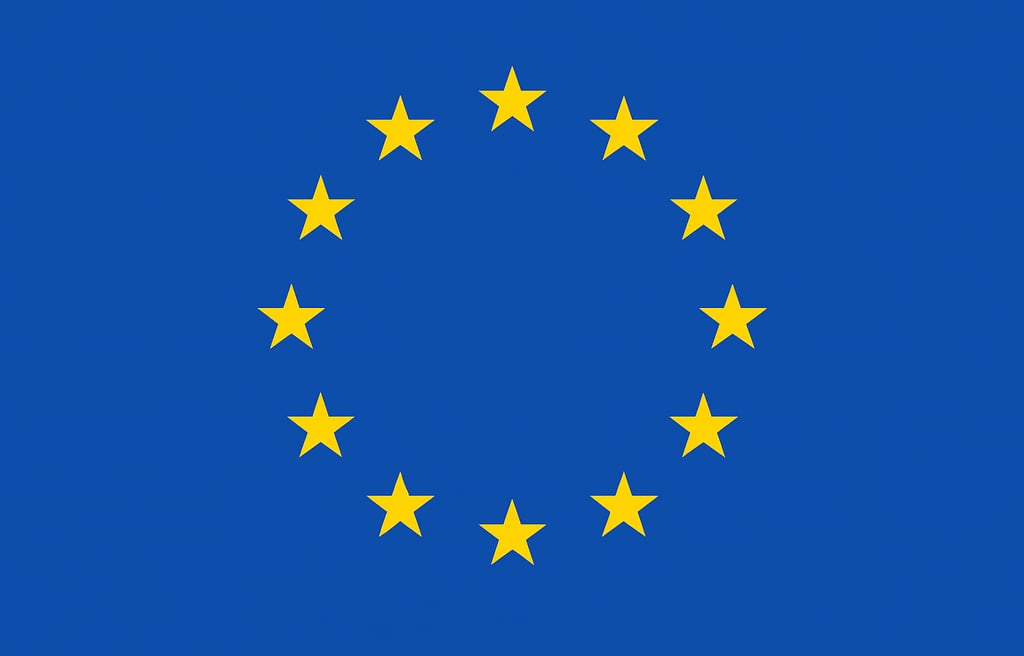EU Proposes Major Tech Rule Reforms: Big Tech to Get Easier AI, Data Regulations
On 19 Nov 2025, the EU unveiled the “Digital Omnibus” reforms — delaying high‑risk AI rules to December 2027, easing GDPR restrictions, and simplifying cookie consent for innovation.
Raja Awais Ali
11/19/20252 min read


EU Proposes Major Tech Rule Reforms: Big Tech to Get Easier AI, Data Regulations
The European Union (EU) has proposed a major regulatory shift to ease its strict tech rules for Big Tech firms. On 19 November 2025, the European Commission unveiled the “Digital Omnibus” package — a wide-ranging reform that would revise core digital laws like the AI Act, GDPR, the Data Act, and the e‑Privacy Directive.
A centerpiece of this proposal is a delay in enforcing “high‑risk” AI regulations. Originally set to be applied in August 2026, the stricter AI rules would now be postponed until December 2027. These high-risk AI systems include technologies used for biometric identification, processing job applications, healthcare services, credit assessments, and law enforcement.
At the same time, the Digital Omnibus would simplify consent mechanisms for cookies, reducing the burden of repetitive pop-ups and making it easier for users to manage their privacy settings. The reforms also target GDPR, proposing changes that could allow major tech companies — such as Google, Meta, and OpenAI — to use Europeans’ personal data, including sensitive data, to train AI models under revised rules.
To ease burdens on smaller companies, the European Commission also plans to roll out a “European Business Wallet”, a streamlined digital tool designed to simplify regulatory paperwork and cross-border business operations.
Commission officials defend these reforms by emphasizing that “simplification is not deregulation”. They argue that the goal is to critically review the EU’s regulatory landscape — making compliance more efficient without diluting key protections. The broader motive, according to EU leaders, is to boost Europe’s competitiveness in the global digital economy, especially against U.S. and Chinese tech giants.
However, the proposal has sparked strong criticism. Rights groups and privacy advocates warn that loosening GDPR limits and weakening AI safeguards could jeopardize fundamental protections for citizens. Many observers also view the move as a strategic victory for Big Tech, accusing the EU of bending under pressure from powerful tech companies.
Importantly, the Digital Omnibus is not yet law. It must go through intense debate, voting, and possible amendments in both the European Parliament and among the EU’s 27 member states. Whether the final outcome preserves a balance between innovation and protection will shape Europe’s digital future.
Stay informed with the latest national and international news.
© 2025. All rights reserved.